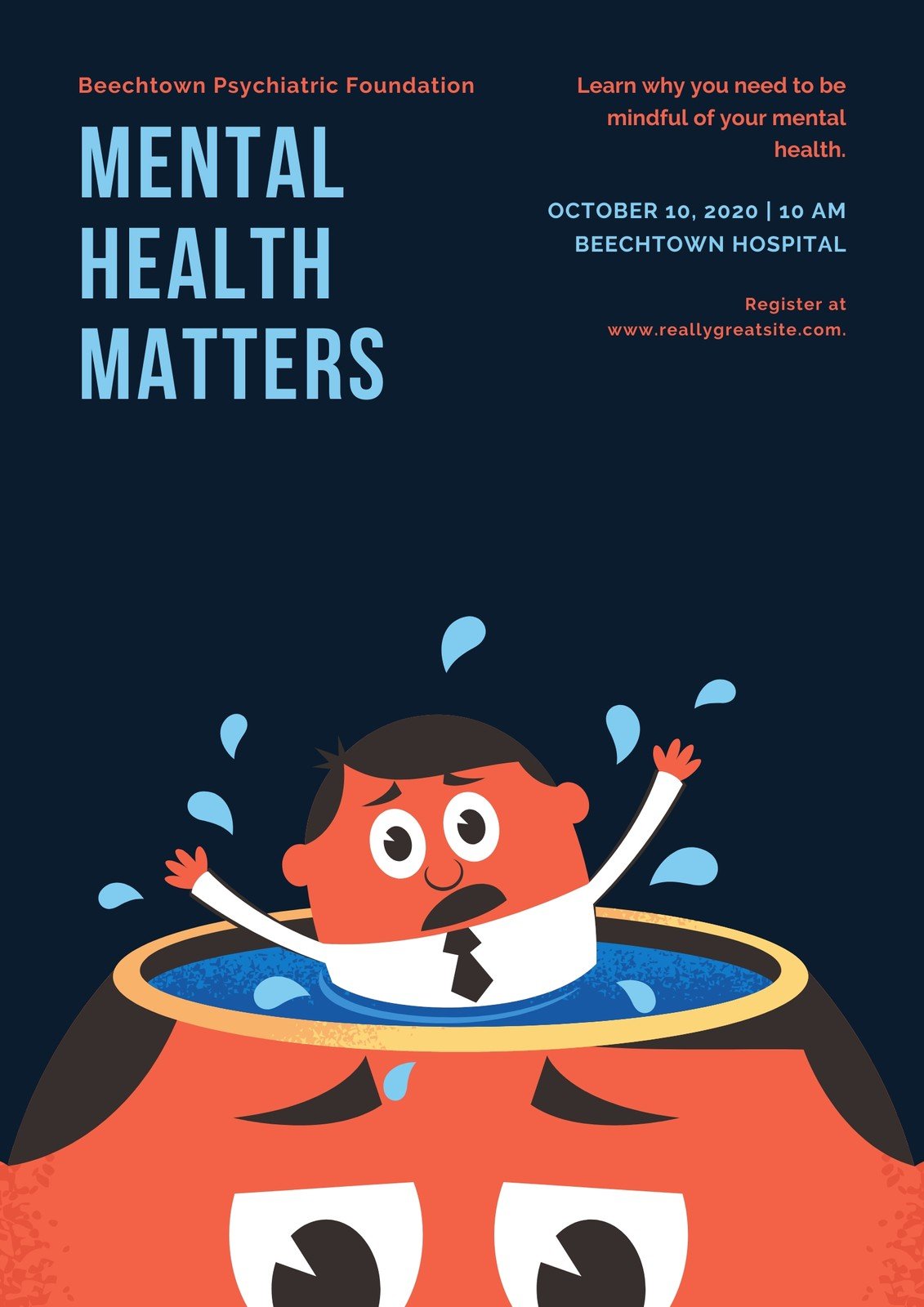
Welcome to a journey of exploration into the intricate realm of mental health. In today’s fast-paced world, our mental well-being is just as important as our physical health. Defined by the World Health Organization as a state of well-being in which every individual realizes their own potential, copes with the normal stresses of life, works productively, and contributes to their community, mental health is a multifaceted aspect of our lives that requires attention and care. Let us delve into the complexities of the mind, understanding the nuances of mental health and how we can navigate this terrain with compassion and insight.
Understanding Mental Health
Mental health is an essential aspect of overall well-being and encompasses a wide range of conditions and experiences. It is not simply the absence of mental illness, but rather a state of emotional, psychological, and social well-being. Just as physical health can vary from person to person, mental health is also unique to each individual.
When considering mental health, it is important to recognize that factors such as genetics, life experiences, and environment can all play a role in shaping a person’s mental well-being. Furthermore, societal attitudes and stigma surrounding mental health can impact how individuals perceive and seek help for mental health concerns.
Promoting mental health involves fostering resilience, social support, and coping mechanisms to navigate life’s challenges. It is crucial to prioritize self-care, seek professional help when needed, and engage in open conversations about mental health to reduce stigma and promote understanding and acceptance.
Common Mental Health Disorders
Read More
Anxiety disorders are characterized by excessive worry and fear that can significantly impact daily life. Symptoms may include panic attacks, restlessness, and trouble sleeping.
Depression is a mood disorder that can lead to persistent feelings of sadness and loss of interest in activities. It affects how a person thinks, feels, and handles daily activities.
Eating disorders involve extreme emotions, attitudes, and behaviors surrounding weight and food. Types include anorexia nervosa, bulimia nervosa, and binge-eating disorder.
Seeking Help and Support
When struggling with mental health challenges, reaching out for help is a vital step towards healing and wellness. It’s important to remember that seeking support is a sign of strength, not weakness. Talking to a trusted friend, family member, or mental health professional can provide comfort and guidance during difficult times.
Community resources such as support groups and helplines can offer invaluable assistance to those in need. Connecting with others who have similar experiences can foster a sense of belonging and understanding, helping individuals feel less isolated in their struggles. These resources can also provide practical advice and coping strategies for managing mental health issues.
Remember that taking care of your mental health is an ongoing process that requires self-compassion and patience. It’s essential to prioritize self-care activities that promote well-being, such as exercise, adequate rest, and engaging in activities that bring joy and relaxation. By building a strong support network and practicing self-care, individuals can navigate the complexities of mental health with resilience and determination.
